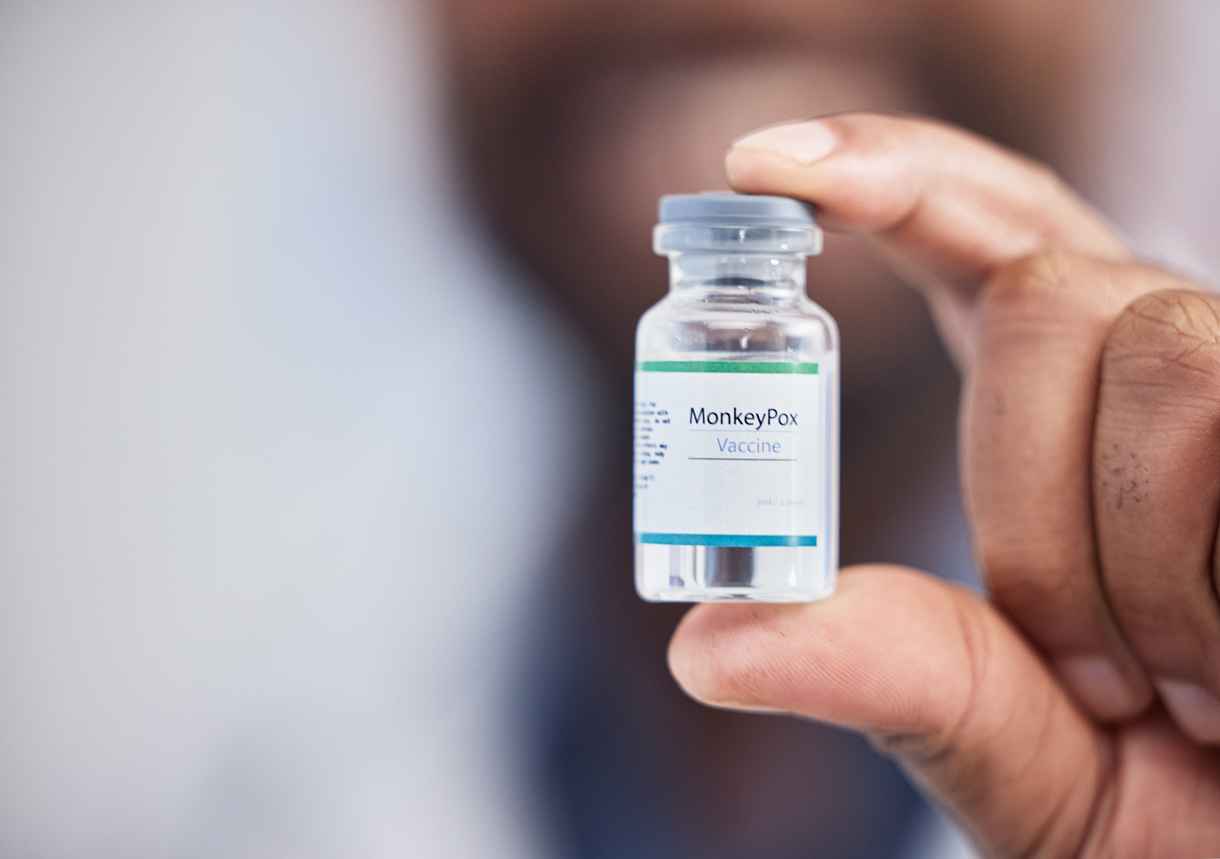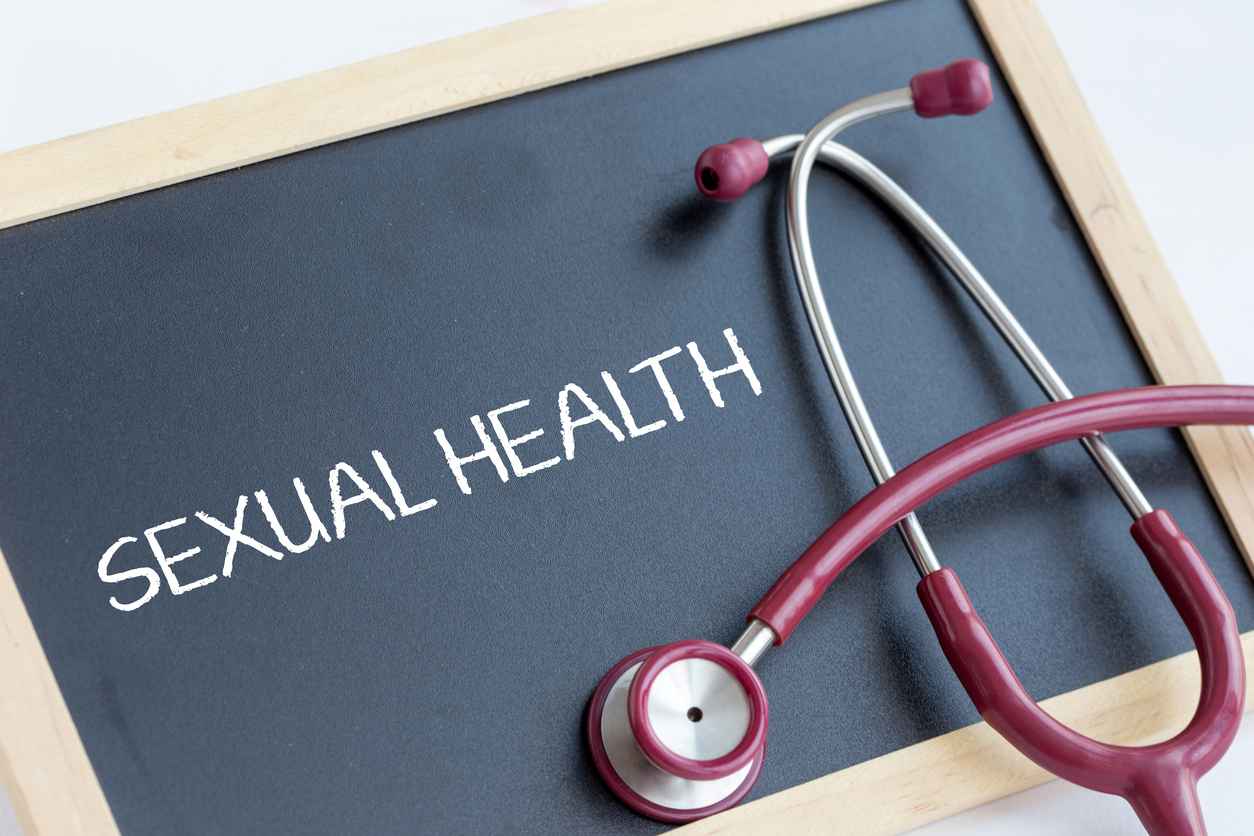
July 31, 2024
What is Monkeypox?
Monkeypox, also referred to as Mpox, is a rare viral disease that belongs to the same family of viruses as smallpox. Although it is less severe than smallpox, Monkeypox can still cause significant illness and complications. With increasing cases being reported globally and throughout Pennsylvania, the Novus team is committed to helping you better understand the symptoms, modes of transmission, and prevention strategies to protect yourself and others.
Symptoms of Monkeypox
Monkeypox symptoms usually appear within 5 to 21 days after exposure to the virus. The illness typically begins with flu-like symptoms, which can include:
- Fever: One of the first symptoms to develop, often accompanied by chills.
- Headache: Severe headaches are common in the early stages.
- Muscle Aches: Myalgia, or muscle pain, can occur throughout the body.
- Fatigue: Extreme tiredness and lack of energy.
- Swollen Lymph Nodes: Lymphadenopathy is a distinguishing feature of monkeypox, setting it apart from smallpox.
- Rash: A rash usually appears within 1 to 3 days after the onset of fever. It begins on the face and then spreads to other body parts, including the palms of the hands and soles of the feet. The rash progresses through several stages, from macules to papules, vesicles, pustules, and finally scabs.
Transmission of Monkeypox
Monkeypox can be transmitted from animals to humans and from person to person. Understanding how the virus spreads is crucial for effective prevention.
Animal-to-Human Transmission:
- Direct Contact: With contact of blood, bodily fluids, or cutaneous or mucosal lesions of infected animals.
- Consumption: Of undercooked meat or other animal products from infected animals.
- Bites or Scratches: From infected animals, particularly rodents and primates.
Human-to-Human Transmission:
- Close Contact: With respiratory secretions, skin lesions, or recently contaminated objects.
- Prolonged Face-to-Face Contact: Through respiratory droplets.
- Direct Contact: With body fluids or lesion material.
- Contaminated Objects: Touching items like bedding, clothing, or towels used by an infected person.
Prevention of Monkeypox
Preventing monkeypox involves both personal and public health measures. Here are some key strategies:
Vaccination:
- Mpox Vaccine: Mpox vaccines are effective at protecting you from monkeypox. Learn more about the vaccine with the CDC.
Hygiene Practices:
- Hand Hygiene: Regular handwashing with soap and water or using an alcohol-based hand sanitizer.
- Protective Clothing: Wearing gloves, masks, and other protective gear when caring for infected individuals.
Avoiding Contact:
- Infected Animals: Avoid handling animals that could be carriers of the virus, particularly in regions where monkeypox is endemic.
- Infected Individuals: Limit contact with people showing symptoms of monkeypox and avoid sharing personal items.
Safe Food Practices:
- Cooking Meat: Ensure all animal products are thoroughly cooked before consumption.
Get Vaccinated Against Monkeypox at Novus
At Novus, we are committed to your health and safety. Monkeypox is a serious condition, but with proper knowledge and precautions, you can protect yourself and your loved ones. We offer monkeypox vaccinations across our six locations in Pennsylvania, ensuring you have access to the care you need.
Don’t wait—schedule your vaccination today and take an active step towards safeguarding your health.
Recent News

How is HIV Transmitted?
February 18, 2026

How TelePrEP Makes HIV Prevention More Accessible
January 15, 2026

Understanding HIV vs. AIDS
December 11, 2025

Understanding Vivitrol: How It Supports Recovery from Opioid and Alcohol Dependence
November 13, 2025

How to Talk to Your Partner About STD Testing
October 27, 2025

Why Sexual Health Awareness Month Matters: Breaking Stigma & Promoting Care
September 18, 2025

How Often Should You Get Tested for STDs?
August 15, 2025